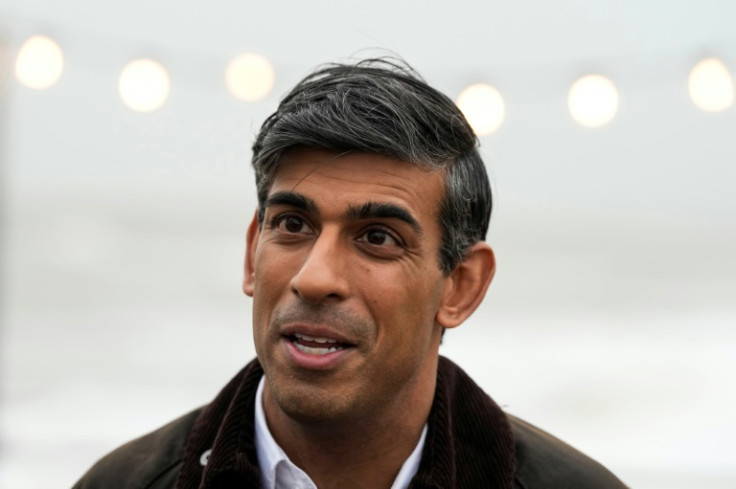25 Conservative MPs are Considering Submitting Letters Expressing Lack of Confidence in Sunak's Leadership
Sunak is set to confront a critical challenge as he strives to advance the renters reform bill amid completing his one-year tenure as the UK Prime Minister.

A year into his tenure as Prime Minister, Rishi Sunak is grappling with a growing wave of dissatisfaction among backbench members of his own party.
Following the significant setback of losing byelections in Tamworth and Mid Bedfordshire, there are reports that 25 Conservative MPs are considering submitting letters expressing a lack of confidence in his leadership.
Since taking office as Prime Minister in October 2022, Rishi Sunak has navigated a tumultuous period, marked by the ongoing impact of the COVID-19 pandemic, economic challenges and significant policy reforms.
Although Sunak initially enjoyed high approval ratings, his leadership is now being put to the test as some members of his party express growing dissatisfaction.
While right-wing members advocate for tax reductions and an emphasis on further Conservative policies, moderates are advocating for centrist strategies that address the cost of living, with the aim of retaining votes that might otherwise be lost to the Labour Party.
Critics argue that Sunak's policies, particularly the planned tax increases and cutbacks in certain areas, are at odds with traditional conservative principles and may alienate core supporters.
The government's management of the National Health Service has also come under scrutiny. The ongoing strain on the NHS, a result of the pandemic and a backlog of medical procedures, has put immense pressure on the healthcare system.
Critics within Sunak's party accuse him of not allocating sufficient resources and attention to address the crisis.
This week, Sunak is set to confront a critical challenge as he strives to advance the renters reform bill, a move that is anticipated to spark resistance among Conservative backbenchers.
However, it is widely believed that he has yielded to pressure from the right wing of the Conservative Party, deciding to exclude a long-standing commitment to ban conversion therapy for gay and transgender individuals from the King's Speech scheduled for November 7.
Additionally, both he and Jeremy Hunt, the Chancellor, are deliberating over the possibility of signalling potential future tax reductions. Among the options under consideration are commitments to raise the 40% income tax threshold, reduce stamp duty, and eliminate inheritance tax.
During his appearance on Sunday, Robert Jenrick, the Immigration Minister, emphasized that it is imperative to first rein in inflation before contemplating tax reductions.
Speaking to the BBC, he asserted: "You can trust the Conservatives to make sensible, prudent decisions on the future of the economy and to bring down taxes where it is capable to do so."
Former business secretary Rees-Mogg delivered a ferocious critique of Sunak's time, writing in the Mail on Sunday: "No one is excited about maths to 18 or changes to A-levels in 20 years' time, or indeed a smoking ban set for an arbitrary date.
"It is high time to stop hitting our own voters with policies that make them worse off or with woke nonsense that offends them.
"Instead, we need to start cutting the size of the state, tax cuts that give people back their own money and a solution to the migration issue."
While it's not uncommon for political leaders to face internal dissent, the level of discontent within the Conservative Party is notable. The coming months could be pivotal in determining the future of Sunak's leadership and the direction of the party. Some backbenchers are urging a reevaluation of policy decisions, while others are calling for a change in leadership.
The discontent comes at a crucial time, as the government grapples with multiple challenges, including the need to address the pandemic's ongoing repercussions, shape post-Brexit policies and tackle economic recovery. Balancing these issues while managing internal divisions will be a significant test for Sunak's leadership.
The coming months will determine whether Prime Minister Rishi Sunak f can navigate these challenges successfully and secure the future of his leadership within the Conservative Party.
© Copyright IBTimes 2025. All rights reserved.






















